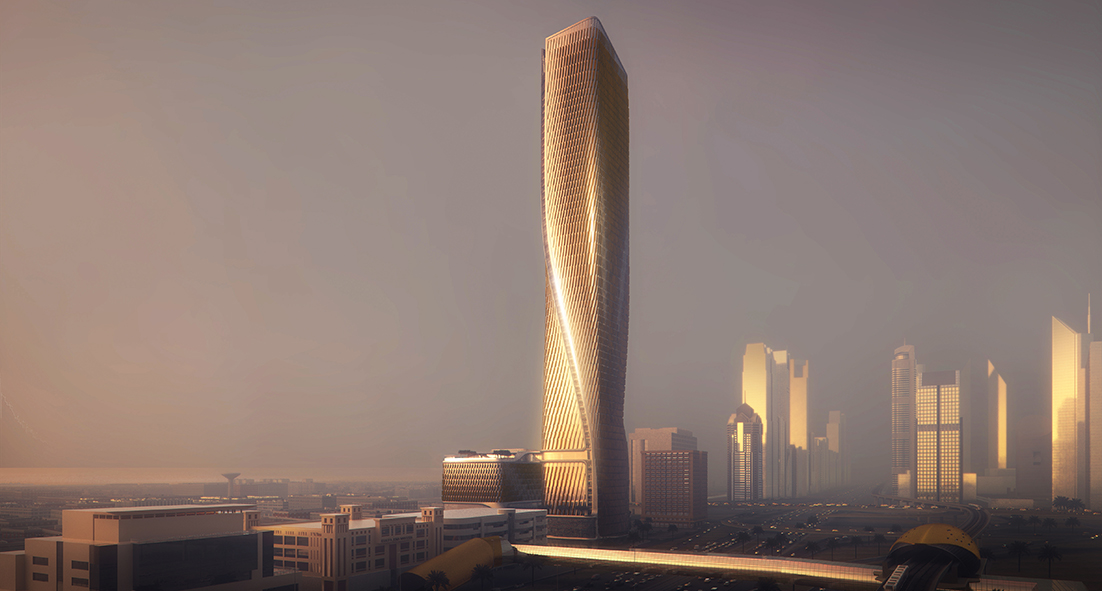Midday Talk: Forestry and Design Series
Mass Timber Institute
Craig Applegath (Dialog Design)
Robert Wright, Daniels Faculty
“Mass Timber Buildings”
Robert Wright has a BSc from the University of Ottawa, Ontario, Canada in Open Space Planning, with a minor in Ecology and an MLA from the University of Guelph, Ontario Canada. Professor Wright’s work is design centered and extremely eclectic in nature. His notion of design does not privilege the traditional professional disciplines of Architecture, Landscape Architecture or Urban design. He places his work within a more contemporary and trans-disciplinary framework. As Both an educator and as a design practitioner, he holds a strong belief that “Design is built theory” meaning that the translation from thought and concept to built works is primary and essential to design discourse. Having had training in both Ecology and Landscape Architecture places design as a practice that must at its essence deal with context. As a self confessed “Modernist” with Minimalist and Situationalist tendencies. The art of design is not merely “object” making but rather the interplay of Nature, Person, Community, City and Place. Rob is the Principle of iz an open and exploratory design practice. His practice seeks to develop creative design experimentation not only in Architecture, Landscape Architecture or Urban design but also in fashion, furniture, art and the industrial arts. He collaborates with all manner of artists, designers and practitioners over the full range of the creative arts.
Mr. Wright is also the Director of the Centre for Landscape Research. His efforts on behalf of the CLR focus on bringing the University’s expertise together with Community, Industry and government research Interests. He is a full member of the OALA and a Fellow of the CSLA. Mr. Wright has also been in the past, the Director of the Landscape Program (8 yrs.), Associate Dean (4 yrs.) and Director of the Knowledge Media institute (4 yrs.)
=========
Craig Applegath is the founding principal of DIALOG’s Toronto Studio, and a passionate designer who believes in the power of built form to meaningfully improve the wellbeing of communities and the environment they are part of. Since graduating from the Graduate School of Design at Harvard University with a Master of Architecture in Urban Design Craig has focused his energies on leading innovative planning and design projects that address the complex challenges facing our communities, as well as on his advocacy of sustainable building design and urban regeneration and symbiosis. Craig’s area of practice includes the master planning and design of institutional projects, including cultural and museum, post secondary education, and healthcare facilities, as well as the design of innovative industrial and manufacturing facilities.
Craig was a founding Board Member of Sustainable Buildings Canada, a Past President of the Ontario Association of Architects, and the current moderatorof SymbioticCities.net. Craig has lectured or taught at Harvard, the University of Toronto, the University of Waterloo, as well as at many professional and sector related conferences around the world. In 2001 Craig was made a Fellow of the Royal Architectural Institute of Canada for his contributions to the profession of architecture.





